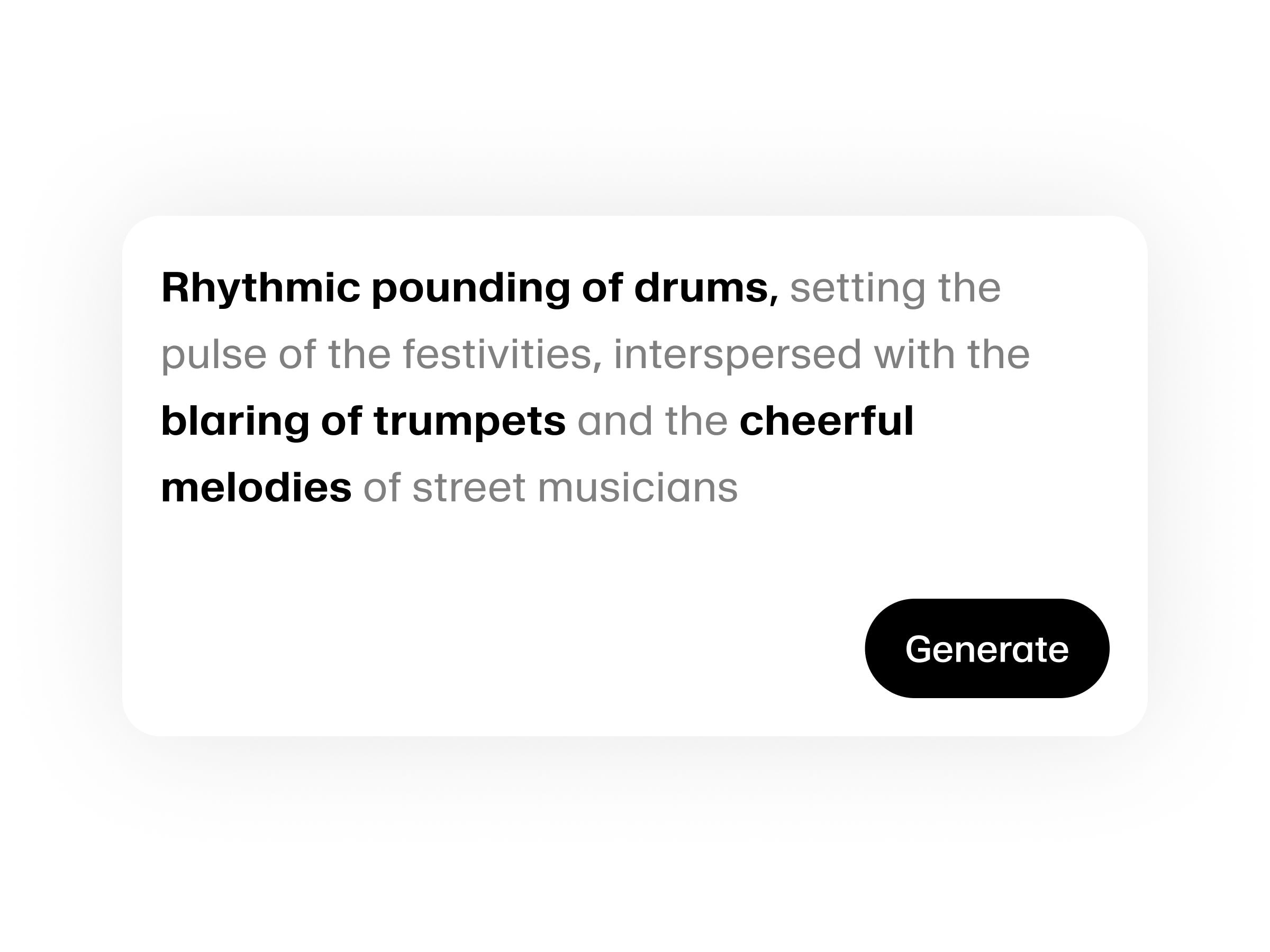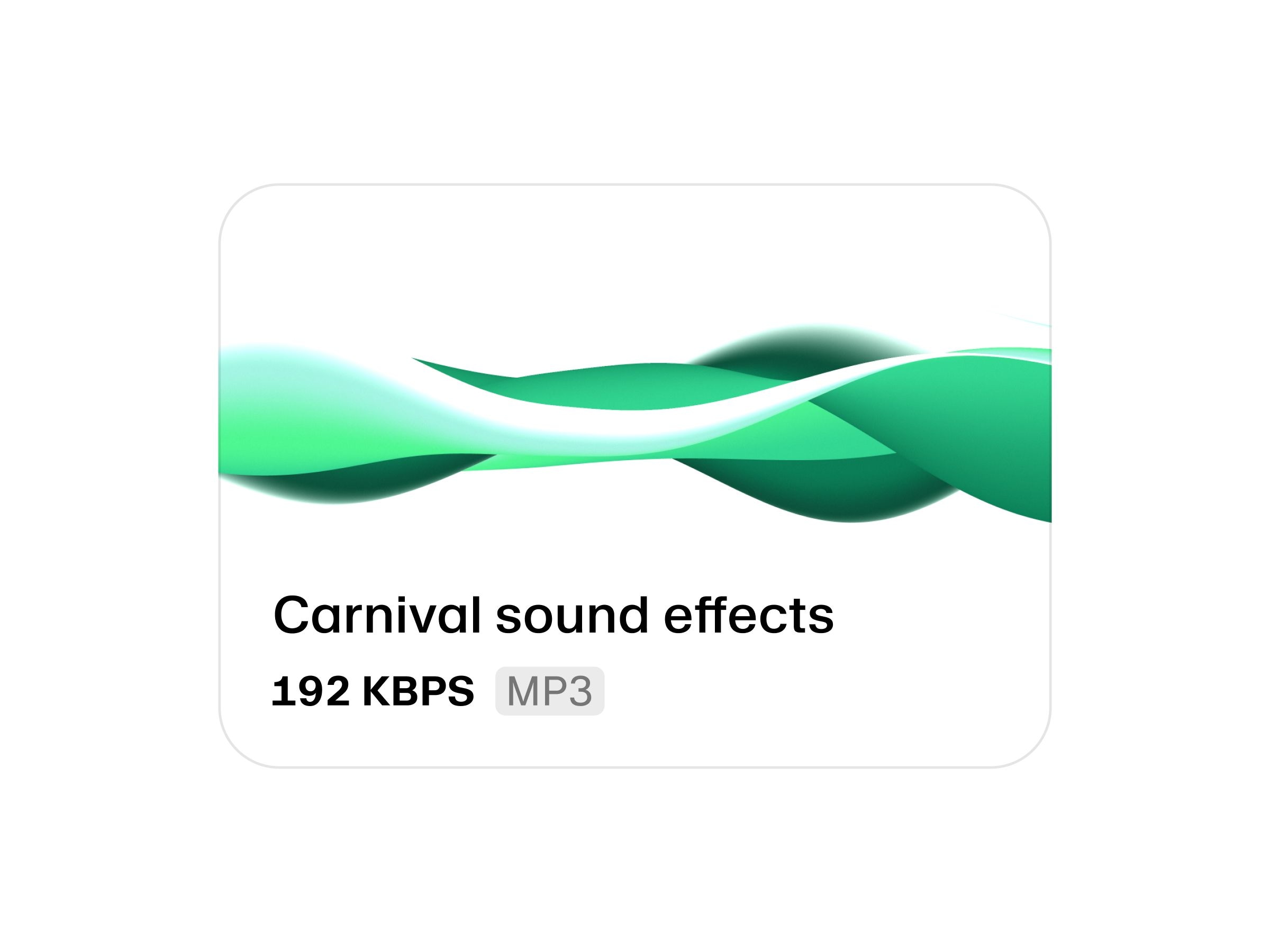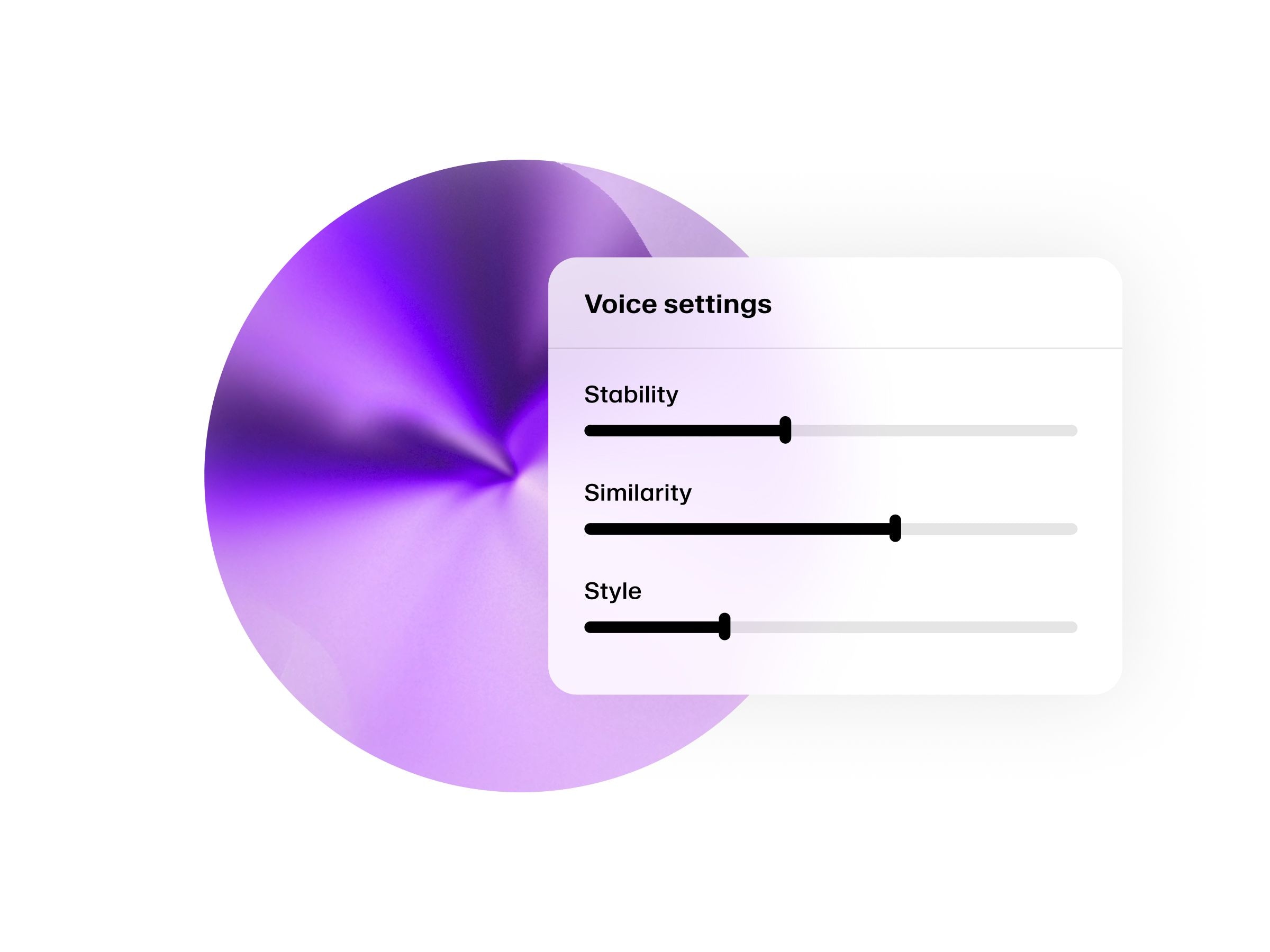Elevenlabs for students
Bring ElevenLabs to your campus

If you're a student leader hosting a student hackathon, or an educator teaching with voice AI, we’d love to work with you.
✓ Join our community of student developers and creators
✓ Free credits for your hackathon
















